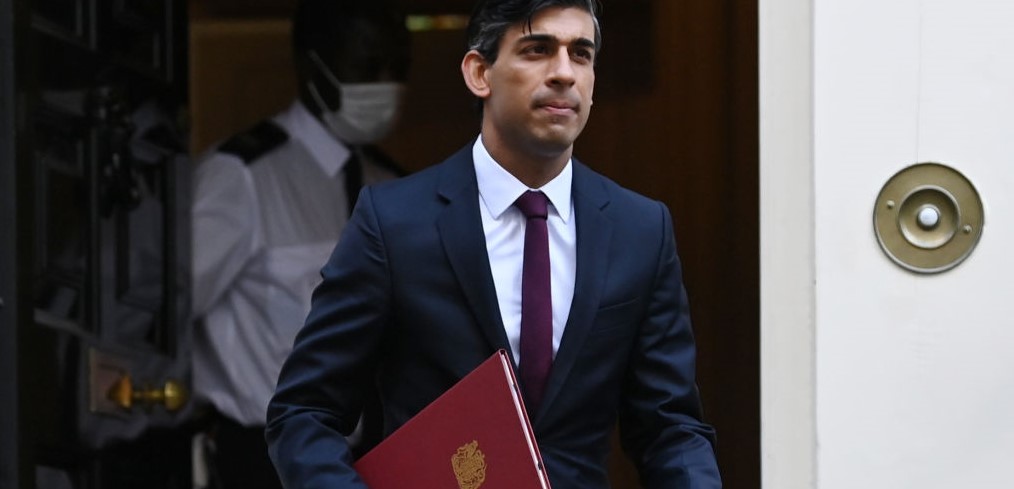Under attack
Public sector workers are the backbone of society and keep essential services we often take for granted ticking over.
Even though they’re invaluable to the smooth running of our country they’re among the lowest paid workers, as well as the most stressed.
Today (Wednesday March 9) as junior doctors begin the first of three 48-hour strikes over Jeremy Hunt’s imposed contracts, the government adds further insult to injury with a paltry 1 per cent pay offer for public sector workers.
“The arrogance of health secretary Jeremy Hunt towards the junior doctors is an example of the disregard that this pro-privatisation government has for public services and the diminishing number of staff who are being asked to do more and more on a daily basis,” said Gail Cartmail, Unite assistant general secretary.
The announcement comes just days after MP’s latest pay rise brought their pay up by 11.3 per cent to £74,964.
A 1.3 per cent rise for this year and a back dated 10 per cent rise for last year.
The Independent Parliamentary Standards Authority (IPSA) is preparing to confirm the latest ÂŁ962 rise over the coming weeks.
“Whipping boys”
“Once again, the hardworking and dedicated employees in the public sector are the whipping boys for the government’s misguided and discredited austerity agenda,” said Gail.
More than a million workers including NHS staff, refuse collectors, library staff, prison officers and members of the armed forces will receive the pay award, which ministers say is in line with its policy.
Public sector workers had their pay frozen completely for two years when the Tories came to power in 2010 and since 2012, annual rises have been capped at 1 per cent.
Public sector workers have lost thousands of pounds in real terms since the Tories came to power.
“Since David Cameron became prime minister in 2010, NHS nurses, librarians, refuse collectors and those working in social care are just some of those who have seen their pay eroded by thousands of pounds in real terms, while government policy has heavily favoured the City and the well-off,” added Gail.
For NHS workers, real terms average weekly wages have plummeted by 15 per cent since 2010.
“It is small wonder that the NHS staff are leaving the health service for better pay and work/life balance either in the private sector or abroad,” said Gail.
“As a consequence, billions of pounds are being spent on agency staff to plug the gaps. This is no way to run the NHS,” she added.
Immense strain
Local authority staff are especially under immense strain after five years of the Tory’s austerity.
“The local government workforce is already the lowest paid across all the public sector,” said Fiona Farmer, Unite national officer for local authorities.
“About 25 per cent are paid below the Living Wage, and nearly one in eight rely on in-work benefits just to survive.”
“Public services are the bedrock of local communities, but these have been under systematic attack by funding cuts,” said Gail Cartmail.
Some councils have lost more than a third of central government funding since 2010.
“Many public sector staff are enduring levels of poverty pay, while tax-breaks and sweetheart deals for tax-avoiding multi-nationals are the order of the day,” added Gail.
 Like
Like Follow
Follow


